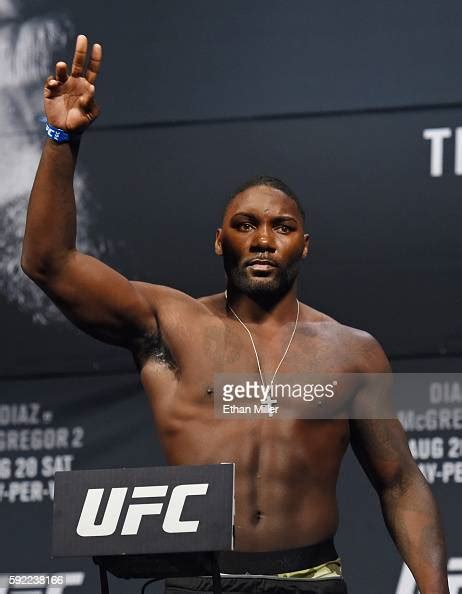A Quote by Lydia Davis
To be simple, I would say a story has to have a bit of narrative, if only "she says," and then enough of a creation of a different time and place to transport the reader.
Related Quotes
I thought both she [Gypsy Rose Lee] and her story would be ill-served by a conventional, birth-to-death narrative, and so I structured the book like one of her stripteases: revealing a peek of shoulder, then a glimpse of knee, pulling back a bit before you go a bit further, until all is revealed at the end.
It's only a story, you say. So it is, and the rest of life with it - creation story, love story, horror, crime, the strange story of you and I. The alphabet of my DNA shapes certain words, but the story is not told. I have to tell it myself. What is it that I have to tell myself again and again? That there is always a new beginning, a different end. I can change the story. I am the story. Begin.
It is obvious enough for the reader to conclude, "She loves young Emerson." A reader in Lucy's place would not find it obvious. Life is easy to chronicle, but bewildering to practice, and we welcome "nerves" or any other shibboleth that will cloak our personal desire. She loved Cecil; George made her nervous; will the reader explain to her that the phrases should have been reversed?
If one loves stories, then one would naturally love the story of the story. Or the story behind the story, pick your preposition. It does seem to me to be a kind of animal impulse almost, a mammalian curiosity. For a reader to wonder about the autobiography in a fiction may be completely unavoidable and in fact may speak to the success of a particular narrative, though it may also speak to its failure.
I call my mom from the car. I tell her that Neutral Milk Hotel is playing at the Hideout and she says, "Who? What? You're hiding out?" And then I hum a few bars of one of their songs and Mom says, "Oh, I know that song. It's on the mix you made me," and I say, "Right," and she says, "Well you have to be back by eleven," and I say, "Mom this is a historical event. History doesn't have a curfew," and she says, "Back by eleven," and I say, "Fine. Jesus," and then she has to go cut cancer out of someone.
You have to decide where the line is in such a complicated place like Saudi Arabia. I was so confused by the place - there's no simple story. It's a place that is really sensitive to how it is judged, particularly by people from the West. So in the end I thought: I'm just going to take the reader on my journey to try and understand this odd place.
The simple circumstantial narrative (did such a narrative exist) of the ruin of a single town, of the misfortunes of a single family, might exhibit an interesting and instructive picture of human manners; but the tedious repetition of vague and declamatory complaints would fatigue the attention of the most patient reader.
Say you have a headline like "Mountain Bike Stolen," and then you read the story, read another story about it the next day, and then the next week, and then the next year. News is a process of expansion, the filling in of detail, and making narrative connections - not based on chronology, but based on features of the story. There are narrative connections made between props, between characters, between situations, and so forth.
The big thing is, everybody says it's being in the right place at the right time. But it's more than that, it's being in the right place all the time. Because if I make 20 runs to the near post and each time I lose my defender, and 19 times the ball goes over my head or behind me - then one time I'm three yards out, the ball comes to the right place and I tap it in - then people say, right place, right time. And I was there *all* the time.
On a more technical level, a story takes a lot of words. And to generate words and phrases and images and so on, that will compel the reader to continue reading - that stand a chance of really grabbing a reader - the writer has to work out of a place of, let's say, familiarity and affection. The matrix of the story has to be made out of stuff the writer really knows about and likes. The writer can't be stretching and (purely) inventing all the time. Well, I can't, anyway.
One would expect an actress to stand onscreen mostly as a caricature. If she would say, "I'm selling shoes," you would believe her. She says it and it creates this fiction, non-fiction perception of the film. People believe it because she says it. If she said, "I'm a butcher," people would believe it too, I think.







































